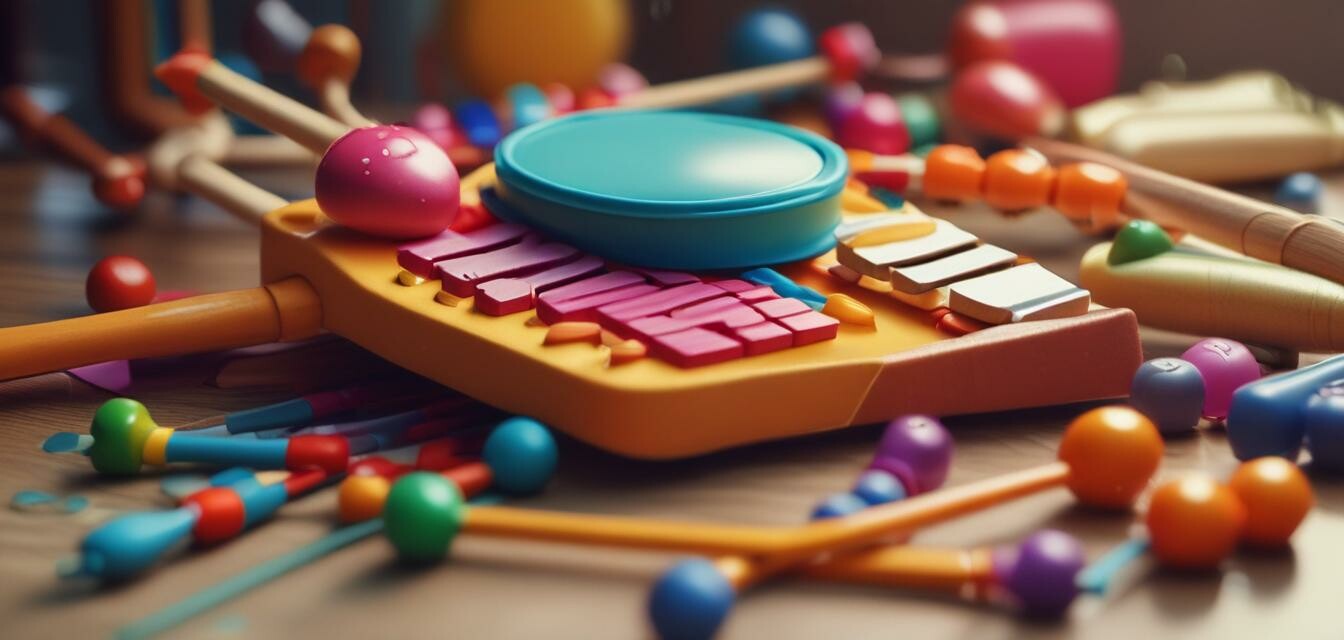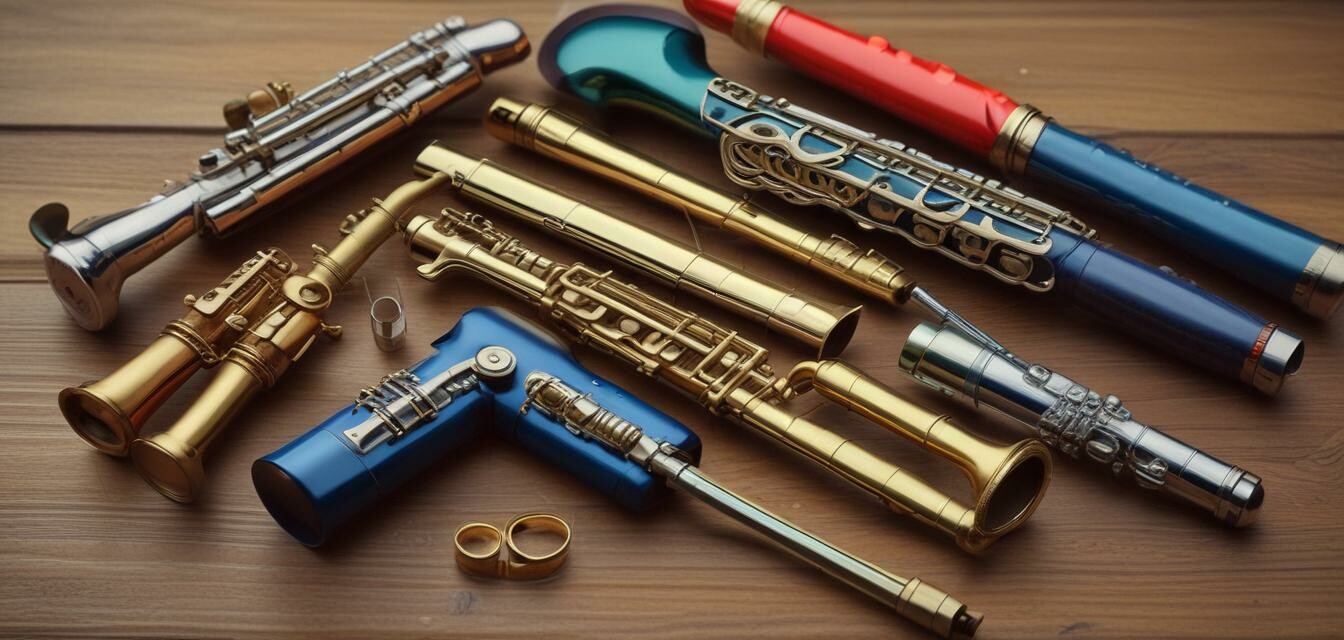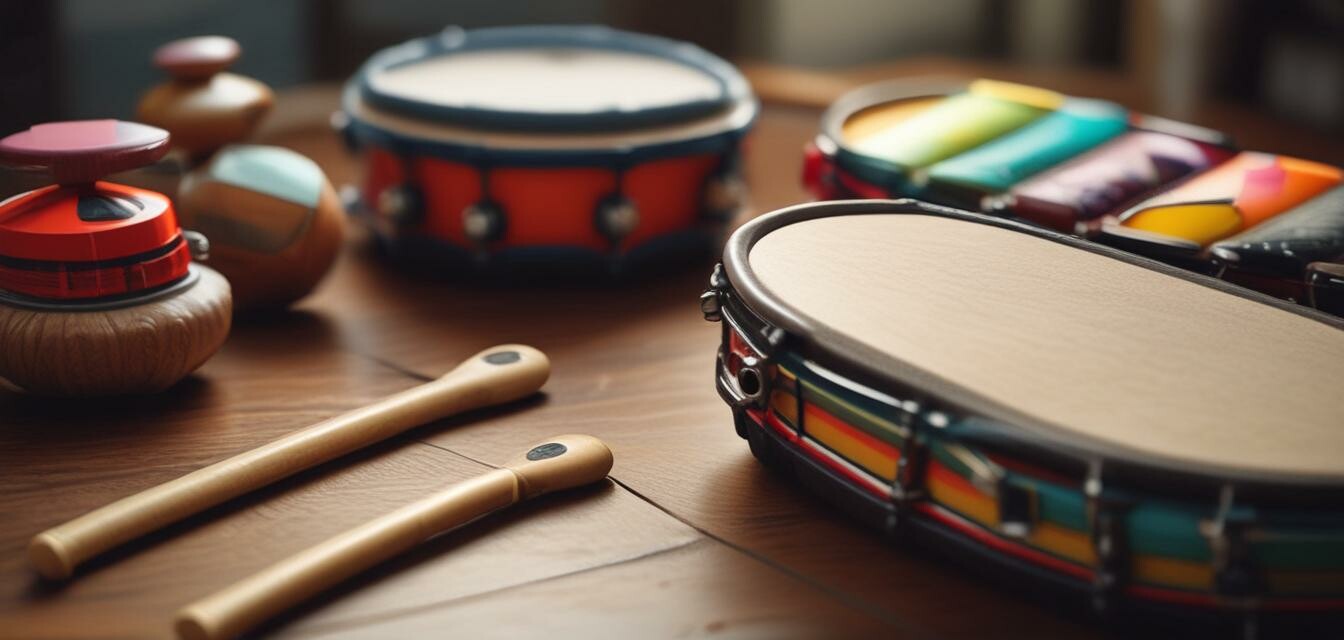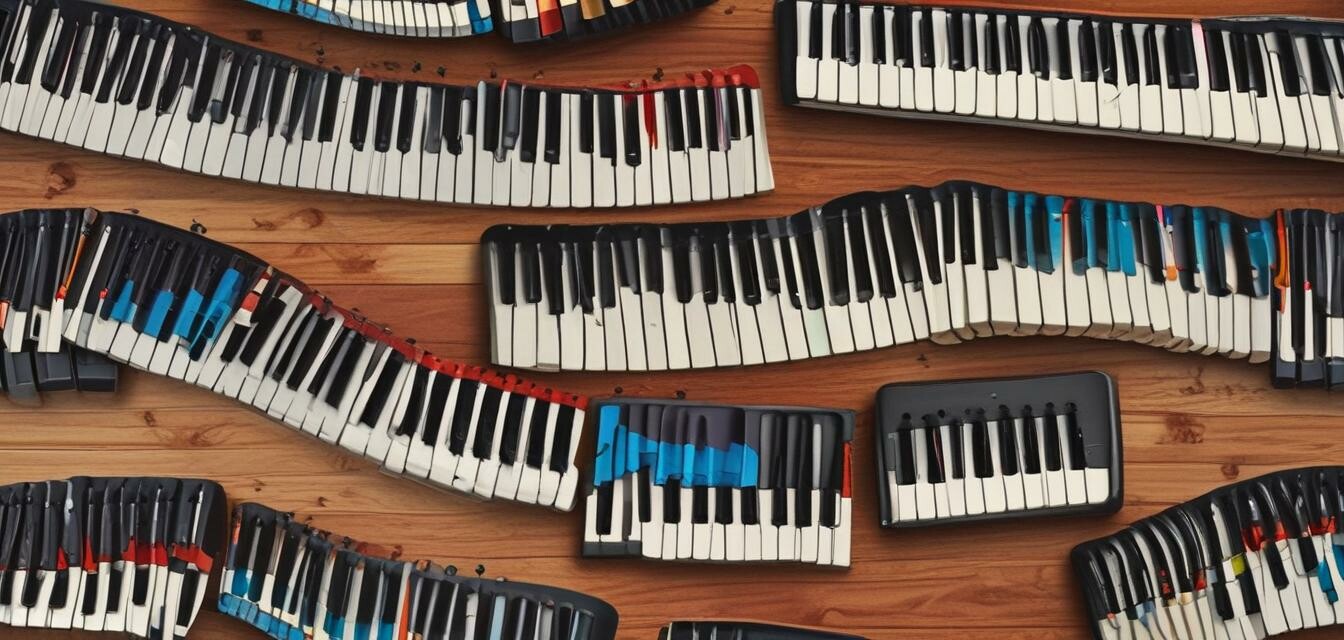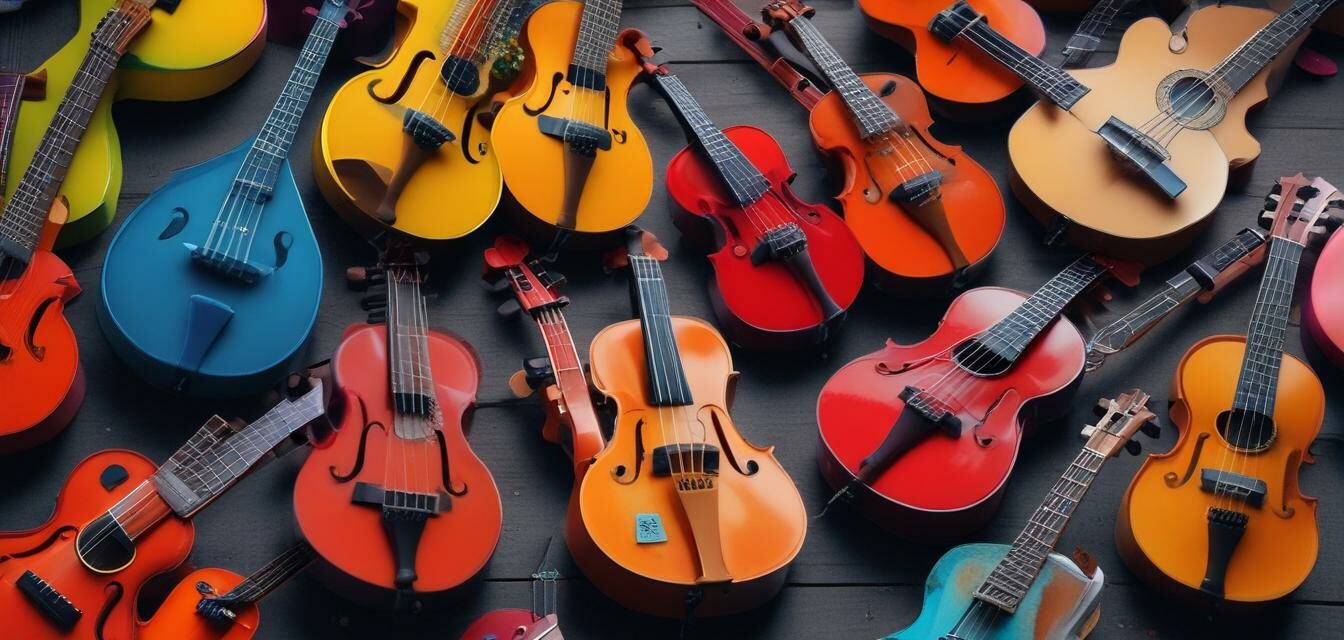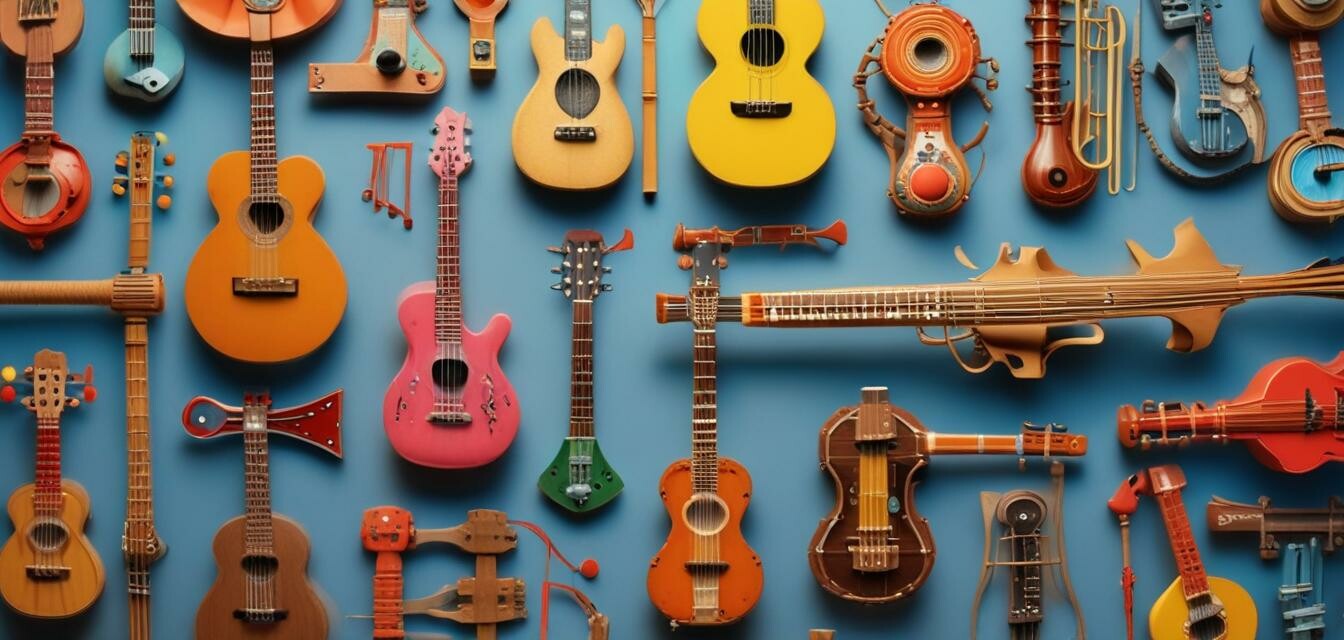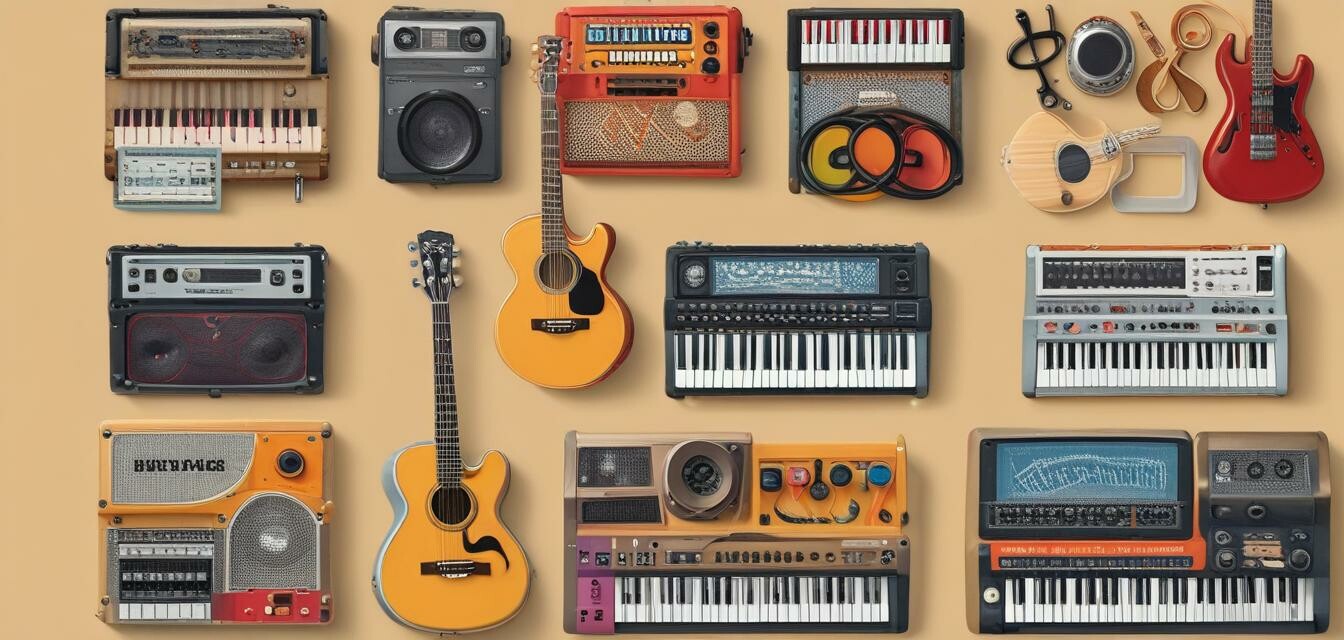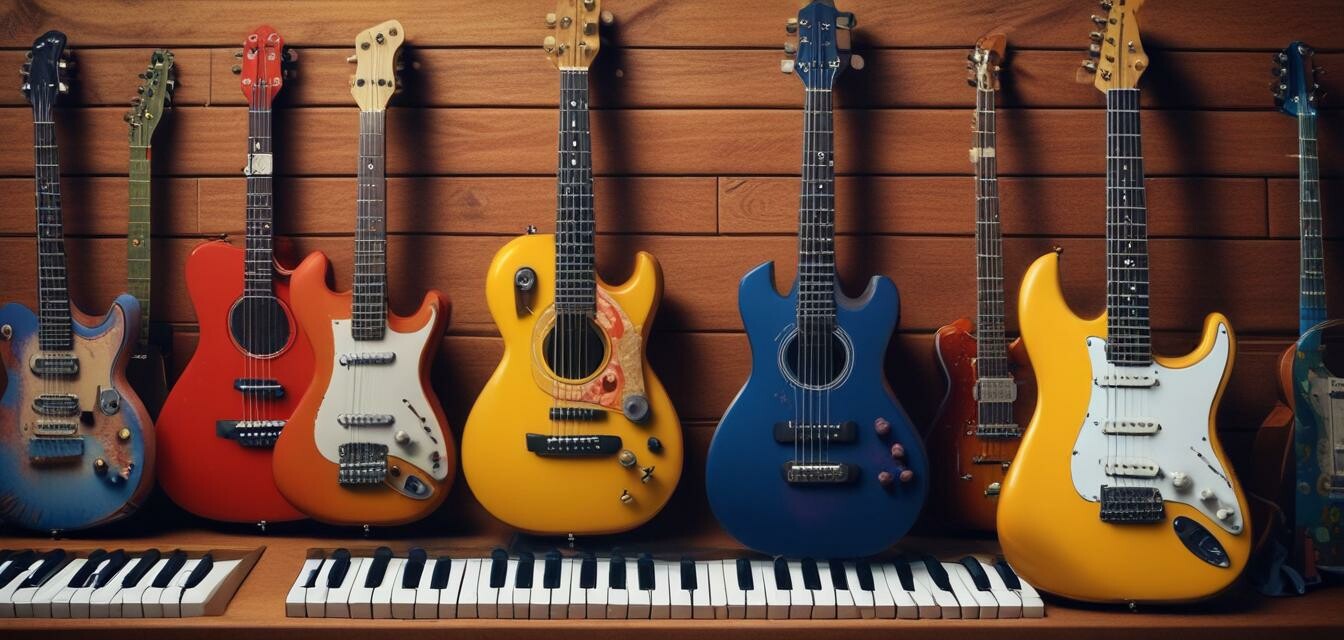
Instrument Care for Kids
Key Takeaways
- Regular cleaning is essential for maintaining sound quality.
- Proper storage can prevent damage and prolong instrument life.
- Teach children how to handle their instruments correctly.
- Routine maintenance checks can identify issues early.
- Different instruments require specific care techniques.
As children embark on their musical journey, caring for their instruments becomes crucial. Whether it’s a shiny new keyboard or a classic percussion set, understanding how to maintain these instruments ensures they produce quality sound and last longer. This guide will provide valuable tips and insights into the proper care of kids' musical instruments.
Why instrument care is important
Instrument care is vital for several reasons:
- Maintains sound quality: Regular cleaning and maintenance help preserve the clarity and tone of the instrument.
- Prevents damage: Proper care reduces the risk of wear and tear, avoiding costly repairs or replacements.
- Teaches responsibility: Caring for an instrument instills a sense of responsibility in children.
General care tips for children's instruments
No matter the type of instrument, certain care practices apply universally. Here are some general tips:
| Care Practice | Description |
|---|---|
| Regular cleaning | Wipe down the instrument after each use to remove dirt and moisture. |
| Proper storage | Store instruments in a safe, dry place away from extreme temperatures. |
| Handle with care | Teach children to handle their instruments gently to prevent accidental damage. |
| Routine checks | Regularly check for any signs of wear or damage and address them promptly. |
Specific care for different types of instruments
Different instruments require specific care techniques. Here’s a breakdown by category:
Electronic instruments
Electronic instruments, such as keyboards, need special attention:
- Keep away from moisture to prevent electrical issues.
- Use a soft cloth to clean the keys and surfaces.
- Regularly update software for optimal performance.
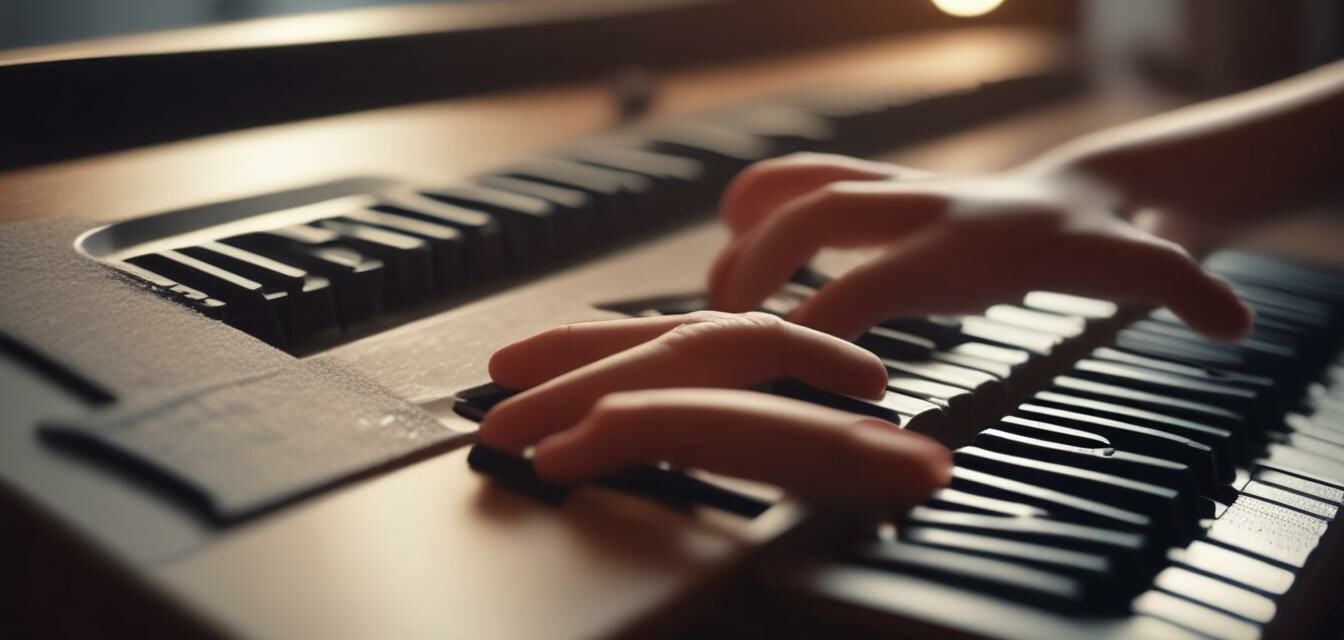
Keyboards & Pianos
Keyboards and pianos require proper maintenance to ensure longevity:
- Dust the keys with a soft, dry cloth regularly.
- Avoid eating or drinking near the instrument.
- Consider using a piano cover when not in use.
Musical toys
For musical toys, care is straightforward but important:
- Wipe down surfaces with a damp cloth.
- Check batteries regularly to avoid leakage.
- Store in a dry area to prevent mold.
Percussion instruments
Percussion instruments like drums need special attention:
- Clean drum heads carefully with a soft cloth.
- Store in a protective case to avoid scratches.
- Regularly check for loose hardware.
String instruments
String instruments require unique care methods:
- Wipe strings with a soft cloth after each use.
- Keep in a case to protect from dust and damage.
- Regularly check tuning and adjust as needed.
Wind instruments
Wind instruments, such as flutes and trumpets, need specific care routines:
- Clean mouthpieces thoroughly after each use.
- Use a swab to dry the inside of the instrument.
- Store in a case to maintain shape and prevent damage.
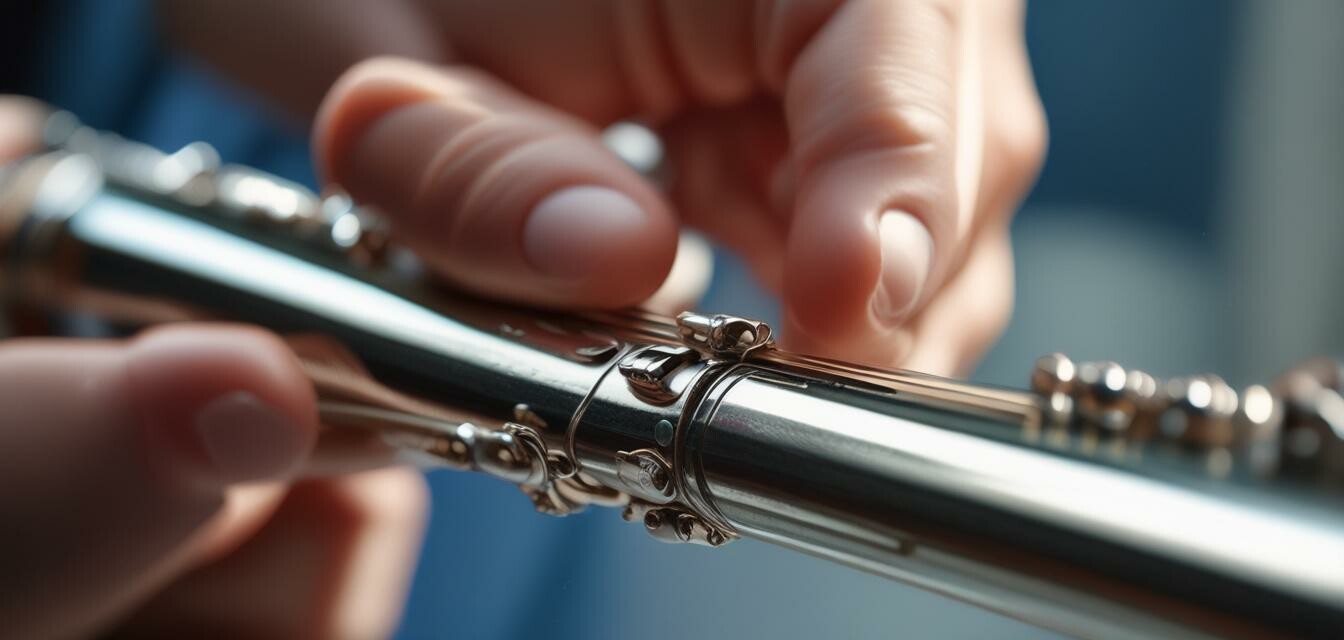
Creating a routine for instrument care
Establishing a care routine can simplify the maintenance process. Consider these steps:
- Schedule regular cleaning sessions after practice.
- Involve children in the care process to teach them responsibility.
- Set reminders for routine checks and maintenance tasks.
Pros
- Enhances instrument longevity.
- Improves sound quality over time.
- Promotes a sense of responsibility in children.
- Can prevent costly repairs or replacements.
Cons
- Requires time and effort to maintain.
- Some instruments may have specific care requirements.
Conclusion
Caring for children's musical instruments is essential for ensuring they remain in top shape for years to come. By following the tips and guidelines outlined in this article, you can help foster a love for music while teaching children valuable life skills. Remember, a well-cared-for instrument not only sounds better but also inspires creativity and joy in young musicians.
Tips for beginners
- Start with simple cleaning routines.
- Use appropriate tools and products for each instrument.
- Encourage kids to take pride in their instruments.
For more information on specific types of instruments, explore our categories:
